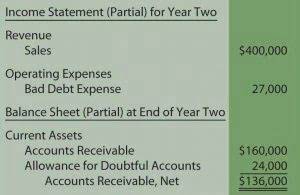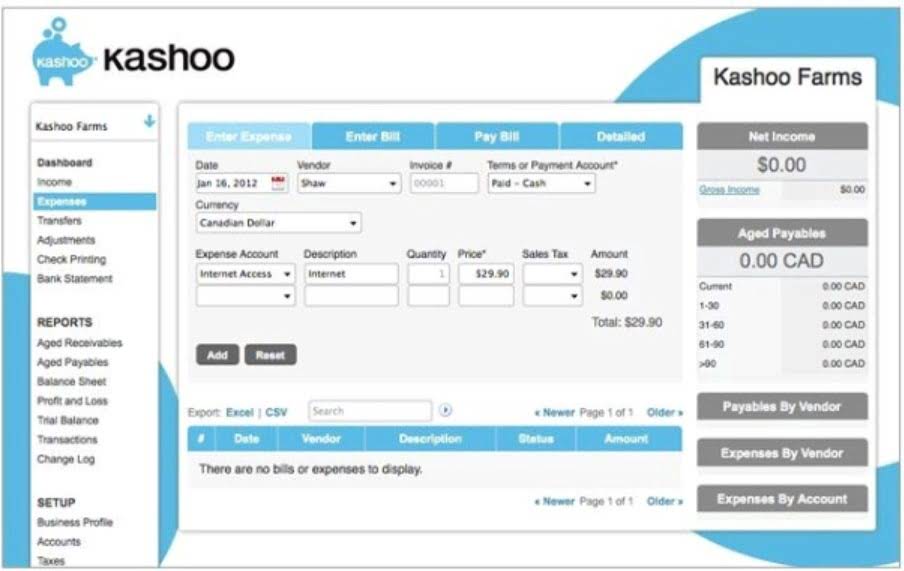
Unearned revenue sits at an interesting intersection in accounting principles, governed by standards like GAAP (Generally Accepted Accounting Principles) and IFRS (International Financial Reporting Standards). These guidelines dictate how and when unearned revenue should be recorded and recognized in financial statements. For finance leaders, it’s crucial to be well-versed in these standards to ensure compliance and accuracy in your company’s financial reporting.

Do you already work with a financial advisor?
Your business will need to credit one account and debit another account with the correct amounts using the double-entry accounting method. Creating and adjusting journal entries for unearned revenue will be easier if your business uses the accrual accounting method, of which the revenue recognition principle is a cornerstone. In terms of accounting for unearned revenue, let’s say a contractor quotes a client $5,000 to remodel a bathroom.
What is the approximate value of your cash savings and other investments?
Correcting these discrepancies is essential for presenting accurate financial statements. By keeping these industry-specific considerations in mind, businesses can better understand the dynamics of unearned revenue and its impact on financial reporting. In this section, we will explore certain industry-specific considerations for unearned revenue, diving deeper into service and subscription models as well as publishing and prepaid services. Generally, they are transactional where money is exchanged for a service/good in real-time.
Unearned Revenues Vs. Prepaid Expenses – Key Different Explained
You can only recognize unearned revenue in financial accounting after delivering a service or product and receiving payment. But since you accept payment in advance, you must defer its recognition until you meet the above criteria. Read on to learn about unearned revenue, handling these transactions in business accounting, and how ProfitWell Recognized from ProfitWell help simplify the process.

To Ensure One Vote Per Person, Please Include the Following Info
Think of it as a customer paying for monthly service, but you already have the money. This decreases your unearned revenue liability is unearned revenue a current liability because you performed the service. A deferred revenue schedule is based on the contract between customer and provider.
- Under the percentage-of-completion method, the company would recognize revenue as certain milestones are met.
- As the product or service is fulfilled, the unearned revenue account is decreased, and the revenue account is increased.
- Modern subscription and service contract agreements depend largely on advance payments received from customers.
- On the annual income statement, the full amount of $240 would be finally listed as revenue or sales.
- Unearned revenue can be rent payments that are received in advance, prepayments received for newspaper subscriptions, annual prepayments received for the use of software, and prepaid insurance.
- These are are all various ways of referring to unearned revenue in accounting.

As you can see, the unearned revenue will appear on the right-hand side of the balance sheet in the current liabilities column. After James pays the store this amount, he has not yet received his monthly boxes. Therefore, Beeker’s Mystery Boxes would record $240 as unearned revenue in their records. An easy way to understand deferred revenue is to think of it as a debt owed to a customer. Unearned revenue must be earned via the distribution of what the customer paid for and not before that transaction is complete.

By delivering the goods or service to the customer, a company can now credit this as revenue. Deferred revenue is classified as a liability, in part, to make sure your financial records don’t overstate the value of your business. A SaaS (software as a service) business that collects an annual subscription fee up front hasn’t done the hard work of retaining that business all year round.
- In this section, we will explore certain industry-specific considerations for unearned revenue, diving deeper into service and subscription models as well as publishing and prepaid services.
- Therefore, the company opens a receivable balance as it expects to get paid in the future.
- For information pertaining to the registration status of 11 Financial, please contact the state securities regulators for those states in which 11 Financial maintains a registration filing.
- If the contractor received full payment for the work ahead of the job getting started, they would then record the unearned revenue as $5,000 under the credit category on the balance sheet.
- Using journal entries, accountants document the transactions involving unearned revenue in an organized manner.
What Is the Opposite of Deferred Revenue?
A financial professional will offer guidance based on the information provided and offer a no-obligation call to better understand your situation. For information pertaining to the registration status of 11 Financial, please contact the state securities regulators for those states in which 11 Financial maintains a registration filing. While it’s necessary for some businesses to establish relationships through unbilled revenue, minimizing the need for such situations can provide a much clearer idea of your total revenue. If you want to see how liquid a company is, make sure to take a look at its working capital. This figure measures a company’s liquidity as well as its operational efficiency. As such, it’s a great indicator of how healthy a business may be in the short term.
This is known as accrual accounting, as opposed to cash accounting which recognizes revenue the moment cash is received. This rule ensures that your company’s financial statements accurately depict its earnings and liabilities at any given time. For instance, if you receive payment in one accounting period but deliver the service in the next, the revenue for that service belongs to the period of delivery, not when the payment was received.



Leave A Comment